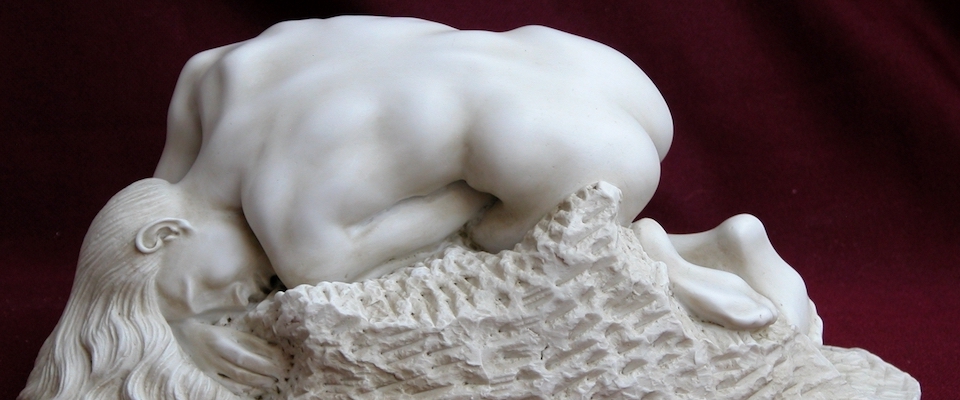In the “Creatures” issue of Plough, I wrote a feature article on how women translate their pain and their experiences to make them legible to a world shaped by male norms. I was honored that this piece was recognized with a 2021 Eliot Award by Mere Orthodoxy, as well as being an Editors’ Favorite and a Readers’ Favorite at Plough.
Women are particularly vulnerable to pressure to make their ailments conform to expectations. Watters cites Canadian scholar Edward Shorter’s theory for this pressure to conform. As Watters explains it, “People at a given moment in history in need of expressing their psychological suffering have a limited number of symptoms to choose from – a ‘symptom pool.’”3 Without actively intending it, people in distress rely on our expectations of illness to find a way of being recognized.
My own middle-school health classes veered close to this approach. With the best of intentions, the teachers gravely instructed us that many girls experienced disordered eating, that high-achieving girls might be drawn to calorie-counting as one more thing to excel at, that it could be an exhilarating way of experiencing control if you lacked it elsewhere. It became a tutorial in how to suffer correctly.
Today, a girl who experiences trauma or distress as her body changes, her desires stir, and men sexualize and harass her is more likely to be told that one option from the symptom pool is to not be a woman. In those same health classes, she may be told that discomfort with her changing body is evidence she might belong in a different body. In Prospect, Emma Hartley considers the flip in gender dysphoria referrals from 75 percent male to 70 percent female in less than a decade and explores what pressures and prejudices may contribute to this trend: “This is a story that needs to be understood at the level of society, not just the individual psyche.”
This theory of gender is just an update and expansion of what women have been hearing for years – that our bodies and our selves are the problem; that when there is a mismatch between us and our society’s expectations, it is we who have to change.
